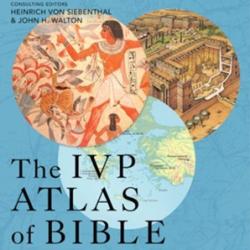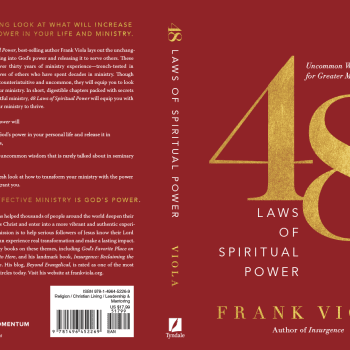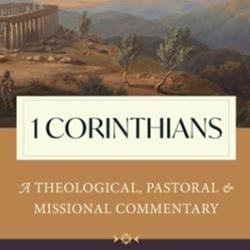We live in a day when countless Millennials are ignorant of the overwhelming support for the reliability of the Bible, especially the New Testament. So it’s easy for them to accept unsound arguments which seek to convince them that Scripture isn’t true nor accurate.
Ever since the writings of F.F. Bruce, there has been accessible research, showing clearly that Jesus was not only a historical person, but the New Testament presents Him accurately and reliably.
Richard Bauckham’s new book does the same thing, only in spades.
Jesus and the Eyewitness argues that the four Gospels are closely based on the eyewitness testimony of those who knew Jesus. The author challenges the assumption that the accounts of Jesus circulated as ‘anonymous community traditions’, asserting instead that they were transmitted in the name of the original eyewitnesses.
To drive home this controversial point, Bauckham draws on internal literary evidence, the use of personal names in first-century Jewish Palestine, and recent developments in the understanding of oral tradition. Jesus and the Eyewitnesses also taps into the rich resources of modern study of memory, especially in cognitive psychology, refuting the conclusions of the form critics and calling New Testament scholarship to make a clean break with this long-dominant tradition.
Bauckham challenges readers to end the classic division between the ‘historical Jesus’ and the’Christ of faith’, proposing instead the ‘Jesus of testimony’ as presented by the Gospels. Sure to ignite heated debate on the precise character of the testimony about Jesus, Jesus and the Eyewitnesses is a groundbreaking work that will be valued by scholars, students, and all who seek to understand the origins of the Gospels.
This momentous book argues that the four Gospels are closely based on the eyewitness testimony of those who personally knew Jesus.
One reviewer put it this way:
The four Gospels are not hazy, much-massaged recollections, decades later and heavily altered by local churches to fit their own circumstances and peculiar beliefs. They are the written record, by reliable writers, of the accounts of Jesus life provided by–eyewitnesses. Peter, perhaps Matthew, the physician Luke, the apostle John. They told their stories, over and over, for years, to many gatherings of believers, to many new converts. The gospels are the transcript of those testimonies, by first-hand hearers. As such, they provide a resounding “Yes!” to FF Bruce’s book title, The New Testament Documents: Are They Reliable? As John said, “These are written that you may believe…” This book will add significantly to that outcome.
Some hefty endorsements:
First Things
“Bauckham’s proposal is both path-breaking and a tour de force.”
Trinity Journal
“As in all of his works, Bauckham has ransacked obscure secondary literature for little-known but immensely helpful information. He has thought creatively about time-worn problems and uncovered possible interpretations of subtle features of ancient testimony — both in the Gospels and about them — with the shrewdness of a good detective.”
Westminster Theological Journal
“Bauckham has delivered a remarkable and insightful volume that is sure to offer a much-needed challenge to the status quo in modern gospel studies.”













